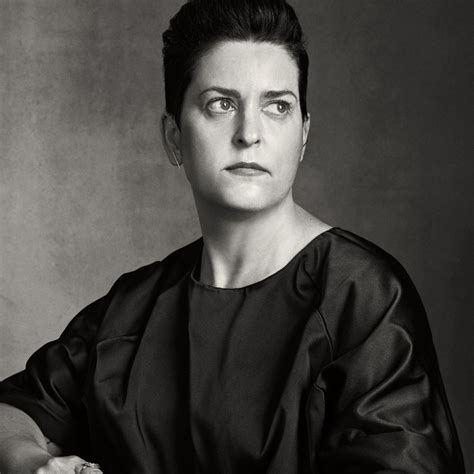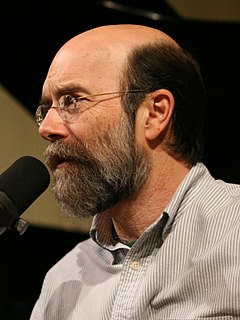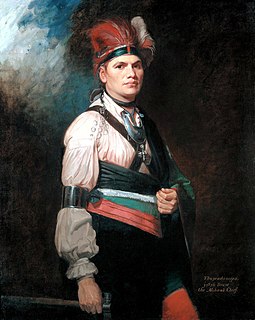A Quote by Howard Zinn
There was something horrifying in the realization that, in this twenty-first century of what we call 'civilization,' we have carved up what we claim is one world into 200 artificially created entities we call 'nations' and armed to apprehend or kill anyone who crosses a boundary.
Related Quotes
It is my belief that whereas the twentieth century has been a century of war and untold suffering, the twenty-first century should be one of peace and dialogue. As the continued advances in information technology make our world a truly global village, I believe there will come a time when war and armed conflict will be considered an outdated and obsolete method of settling differences among nations and communities.
I think the twenty-first century happened, basically. That this century started on 9/11. And basically, it's been a century of counter reaction to globalization and the meritocracy. And a good century for 72 nations have gotten more authoritarian. We've had Brexit. We have Le Pen rising in France. We've just got a lot of these types all around the world. And the people who are suffering from globalization and the meritocracy are saying, "No more. You know, we get a voice too."
Change always follows the same pattern. If you come up with something new they try and put you off.If that doesn't work they call you stark raving bonkers.If that doesn't work they lock you up like the suffragettes.Then, after a pause, the change happensand you can't find anyone that doesn't claim to have been fighting for it with you.
Do you call yourselves Christians? Does then the religion of Him whom you call your Savior inspire your spirit, and guide your practices? Surely not. It is recorded of him that a bruised reed he never broke. Cease, then, to call yourselves Christians, lest you declare to the world your hypocrisy. Cease, too, to call other nations savage, when you are tenfold more the children of cruelty than they.
If you're writing a book where you want to make a positive truth claim, then you should absolutely call it nonfiction or memoir. If you don't want to make that claim - if that's not what's important to you; if you're more interested in storytelling and interiority and interpersonal relationships than in objective, checkable facts about the world - then why wouldn't you call it a novel, and take advantage of what that gets you, of the extra freedom, of belonging to the tradition of the novel?
Necessity is always the first stimulus to industry, and those who conduct it with prudence, perseverance and energy will rarely fail. Viewed in this light, the necessity of labor is not a chastisement, but a blessing,--the very root and spring of all that we call progress in individuals and civilization in nations.
It's a curious thing, this thing we call civilization...we think it is an affair of epochs, and nations. It's really an affair of individuals. One brother will be civilized and the other a barbarian...All civilization comes through literature now, especially in our country. A Greek got his civilization by talking and looking, and in some measure a Parisian may still do it. But we, who live remote from history and monuments, we must read or we must barbarise.








































